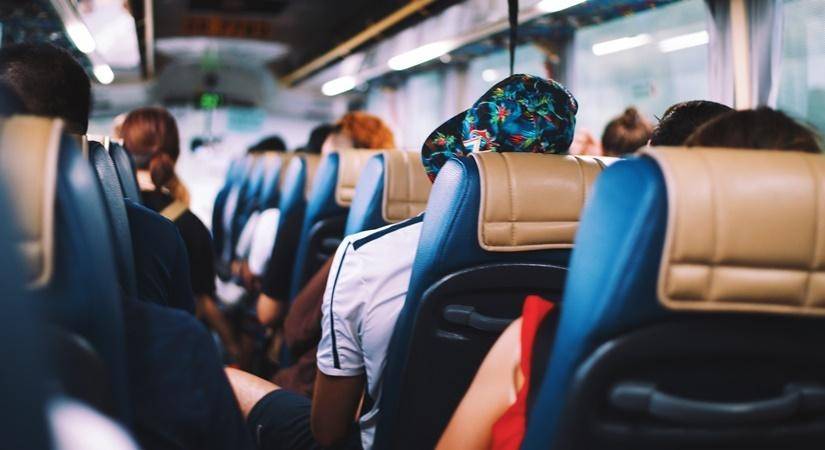Financial confidence also seems to gain momentum as the Deloitte tracker shows Indian consumers’ intent in making large purchases…reports Asian Lite News.
Deloitte Touche Tohmatsu India LLP (DTTILLP) unveiled wave 22, the latest 30-day analysis of its Global State of the Consumer Tracker, indicating a consumption revival in India, with consumers showing positive spending intent and a brighter outlook towards the future.
Decreasing number of Covid-19 cases as well as an aggressive vaccination drive have brought in a new wave of confidence amongst Indian consumers.
Latest findings reflect that the Indian consumer is ready to spend more on discretionary items, feels safe about returning to work place, wants to spend on travel and is less hesitant about in-person events and activities-all of which are positive trends for India’s economic revival.
A clear indication for all these is that only 34 per cent Indian respondents to the survey, show anxiety while 84 per cent consumers feel safe to return to workplace. Also, 60 per cent consumers have shown willingness to attend in-person events, 59 per cent consumers feel safe taking a flight while 30 per cent consumers show willingness to use public transport.
However, the Deloitte analysis has brought about the fact that the concerns among people about physical well-being still prevail as 76 per cent of Indian consumers still show concerns about their physical well-being due to their ngkingbrun of the pandemic. A sizeable portion, 79 per cent, are concerned about the health of their family.
Financial confidence also seems to gain momentum as the Deloitte tracker shows Indian consumers’ intent in making large purchases.
Porus Doctor, Partner and Consumer Industry leader, Deloitte Touche Tohmatsu India LLP said, “The easing of COVID-19 related restrictions across the country along with an accelerated vaccination drive has fueled positive consumer sentiments. Our latest survey insights indicate higher levels of consumer spends and a decline in anxiety levels will boost India’s economic revival albeit with a touch of caution.”
The key trend emerging from the survey include that Indians are slowly making their way back to the office but the employees are expected to be in office on a need-basis and with utmost precautions, keeping strong safety protocols in place.

Another interesting trend from the survey is that spending intent to f consumers is shifting towards more discretionary items. Consumers are seen actively spending on 12 per cent alcohol, 36 per cent cable TV, 36 per cent clothing / footwear, 33 per cent electronics, 25 per cent furnishings and 22 per cent on restaurants.
International leisure travel is also gaining momentum as anxiety levels goes down. The survey indicated that 57 per cent Indians are planning international travel for leisure in the next three months.
The pandemic has also inculcated saving habit among people with more and more doing this to be better prepared for entry eventuality. The analysis shows that savings are up by 4 per cent (50 per cent in the current wave compared with 46 per cent in the previous wave. This could be in preparation of future purchases and seasonal deals during the festive season.
The survey also found that only 30 per cent of the respondents were concerned about physically interacting with a salesperson, showing increasing customer confidence. With offices and other daily activities gradually resuming, Indian respondents are seen to have reduced anxiety on mobility though 70 per cent respondents plan to limit the use of public transportation in the current wave, which is a slight dip when compared with 73 per cent in the previous wave.
Additionally, 67 per cent of Indian respondents plan to limit their use of ride hailing services over the next 3 months as compared with 70 per cent in the previous wave.

Travel has also resumed with 57 per cent of Indian respondents right now feel safe staying in a hotel. Additionally, 19 per cent Indian respondents intend to spend on travel during the current wave compared with 11 per cent in the previous wave.
Indian consumer has transformed to be a socially conscious shopper, the survey indicated. Accordingly, 68 per cent respondents indicated their preference for locally sourced items and 74 per cent purchased from brands that responded well to the crisis.













